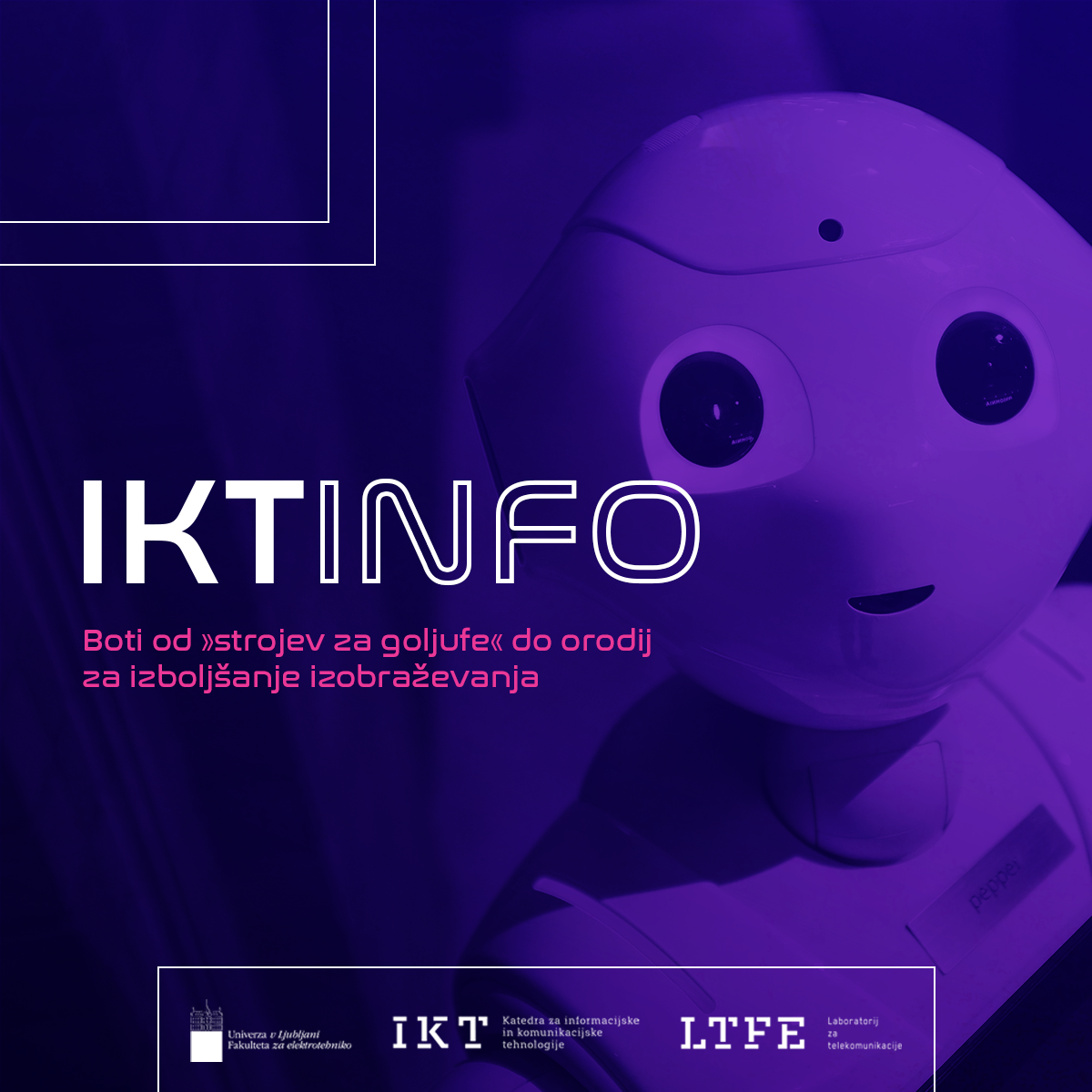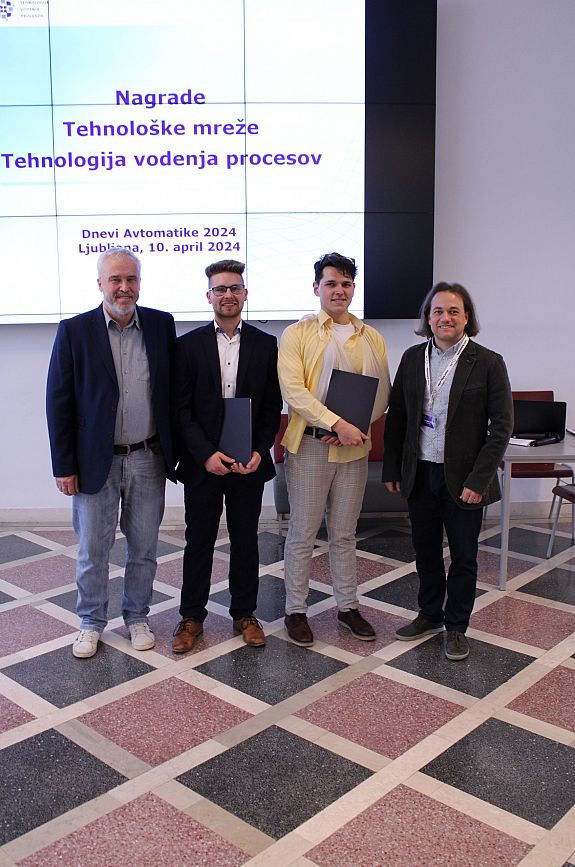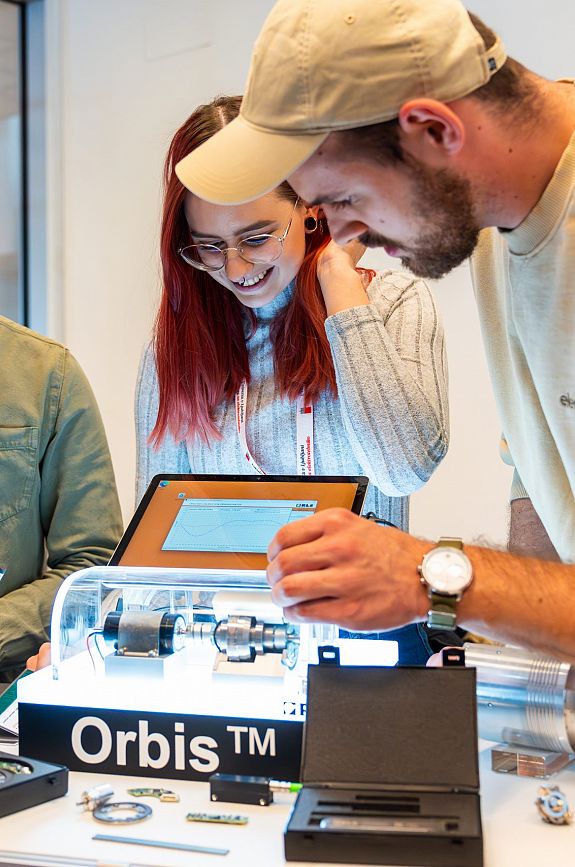[ICTinfo] Bots from "fraud machines" to tools to improve education
Date of publication: 7.6.2023Just a few days after OpenAI released it, at the end of November last year, the ChatGPT (chat ro)bot was widely recognised as a tool for free job creation and test cheating. The Los Angeles school community, the second largest in the US, quickly blocked access to the OpanAI website, and in January a number of school authorities from New York in the US to Queensland in Australia and elsewhere in the world did likewise. Four months later, many teachers and professors no longer see bots like ChatGPT as "dream machines for cheaters", but rather as a tool that can help make education better. In fact, more and more educators are convinced that bots can be used intelligently to improve the interactivity of lessons, increase media literacy, create personalised learning plans, facilitate lecturers' administrative tasks and other useful educational matters. Some education technology companies such as Duoling (for learning apps) and Quizlet (for learning tools) have already integrated ChatGPT into their apps, and OpenAI is now working with educators to explore the potential impact of bots in schools. According to Helen Crompton, Associate Professor of Technology at Norfolk University, teachers are no longer the gatekeepers of information, but the intermediaries who can help students identify trustworthy information.
The economy, manufacturing, education and other sectors have been subject to increased pressures and changes in recent years as a result of the pandemic and the measures taken to contain it, as well as the Russia-Ukraine war, as confirmed by various surveys and analyses. The Information and Communication Technologies (ICT) sector is also exposed to similar changes, but at the same time it is able to monitor, assess and control changes not only in its own sector but also in all other sectors, which has been a valuable help to all of them in recent years.
ICT helps businesses and institutions in all industries to organise work, adapt operations, streamline operations, process data, evaluate results, predict trends and discover new opportunities. And they enable schools and universities to implement hybrid forms of teaching and meaningful digitisation of learning processes.
This is why we have decided to publish regular summaries of information, assessments, analyses and studies by research and analyst companies that can help everyone to better monitor, learn about and understand changes and trends and to adapt more successfully to the new ICT era.
Prepared by the Department of Information and Communication Technologies in collaboration with Esad Jakupović





